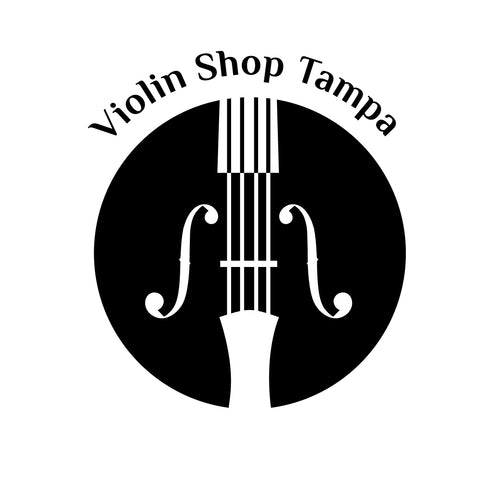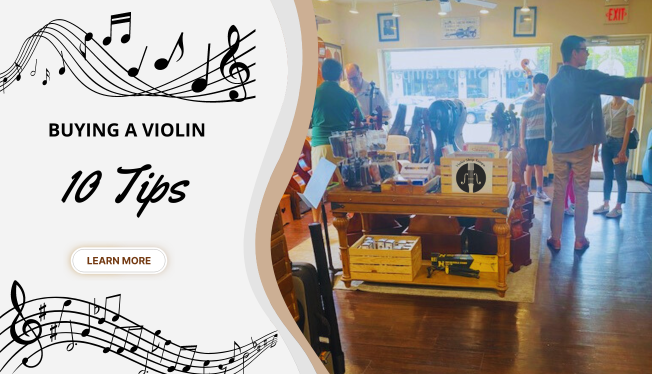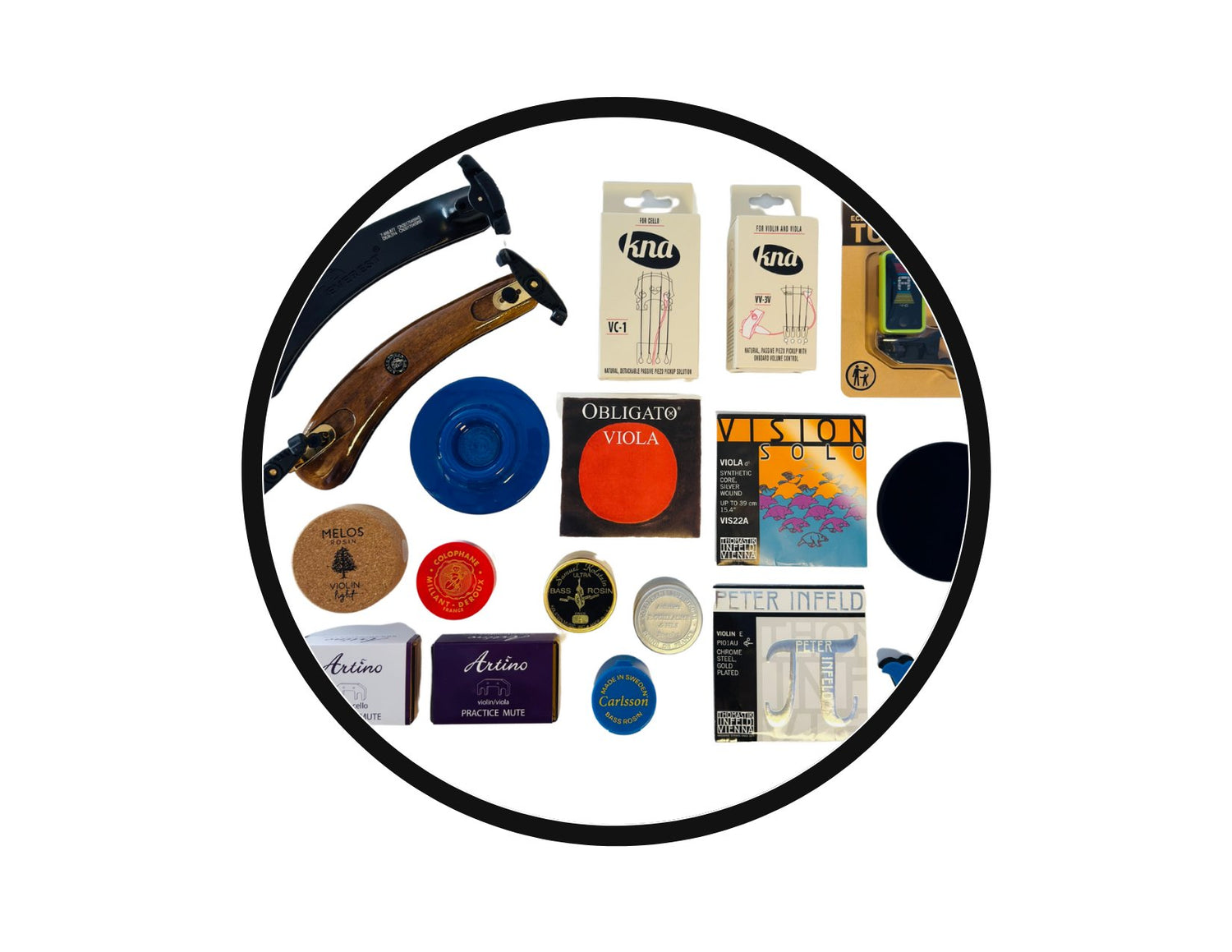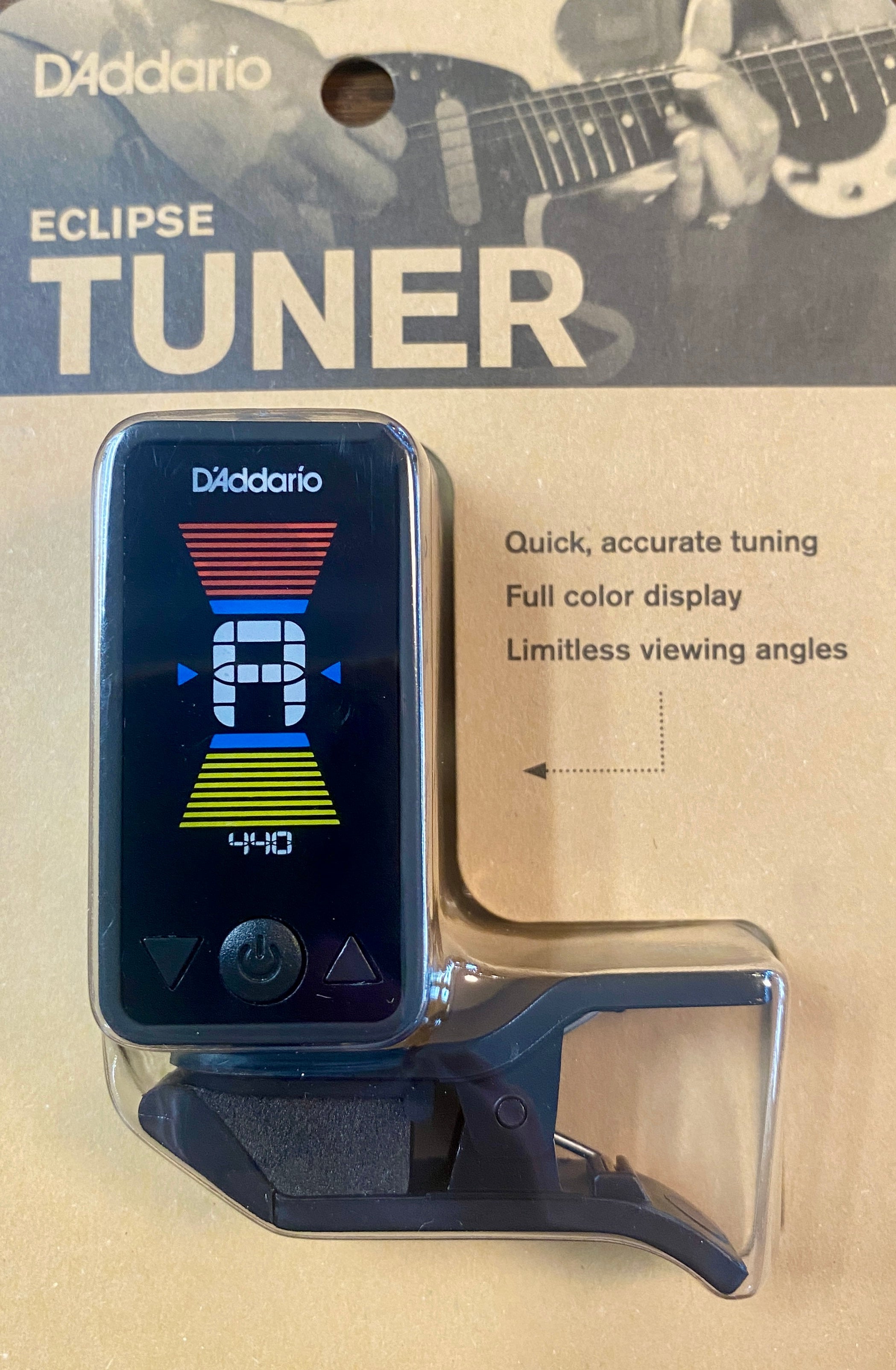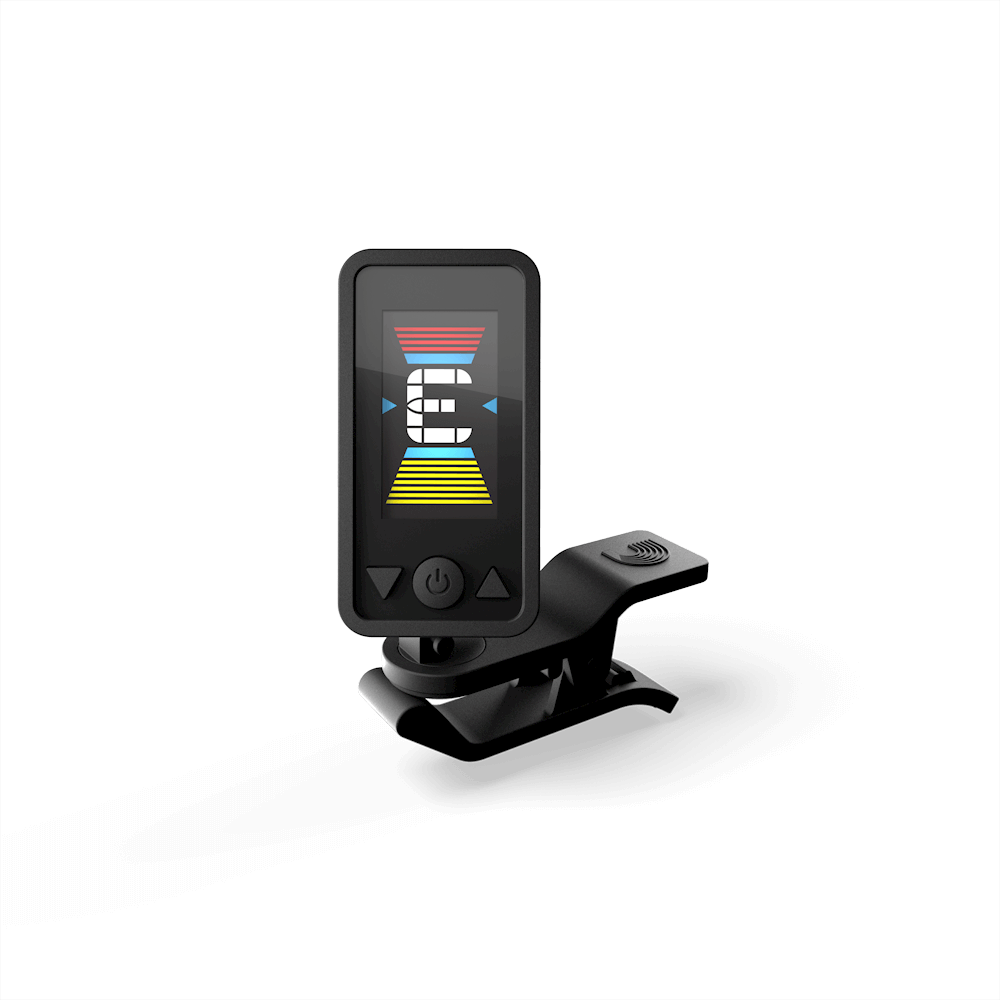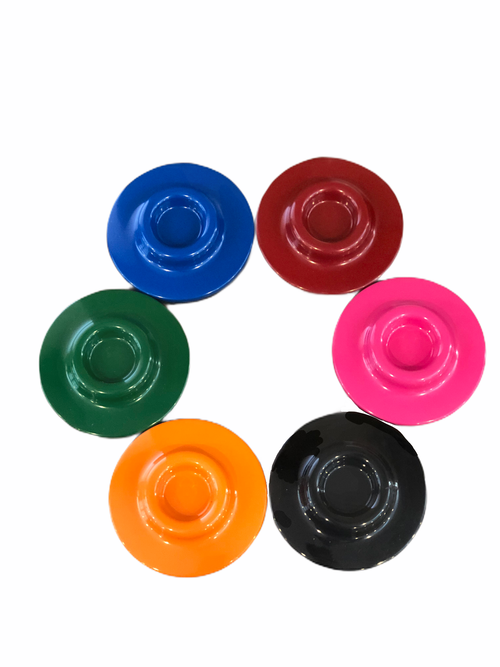Buying a violin is an exciting milestone for any musician. Whether you're shopping for your very first violin, or upgrading instruments, the process can be exciting and overwhelming. To help you navigate this journey, here are our 10 best tips for buying an instrument.
|
“I look for projection when I am looking at buying an instrument. I don’t want one that is too quiet, but you really want something that will produce for what you need. I play a lot of solos and concertos, so my projection has to be right for that setting.” - Susan Lindemann, Cello Specialist at Violin Shop Tampa. |
1. Know Your Skill Level
Before you start looking at buying a violin or any instrument, such as cello, viola, or bass evaluate your current skill level and think about your future playing time. Consider whether your schedule allows for regular and consistent practice time or if you are a student who attends music classes daily and also practices at home. Are you currently taking or planning to take lessons with a teacher? If you have never held an instrument or have just begun playing, then most likely you are looking for a beginner instrument. If you have been taking lessons, enjoy playing, and looking to be part of an orchestra, then you would be shopping for an advanced violin.
2. Determine Your Budget
Before you begin your search, it's essential to determine a budget. This will help narrow your options and prevent overspending. Instruments vary widely in price, ranging from hundreds to thousands of dollars and beyond. At Violin Shop Tampa, we offer instruments at all price levels for musicians of all skill levels, including our Rent-to-Own program. Remember, the most expensive instrument isn’t always the best fit for you. Consulting with a specialist can help you make an informed decision.
We strongly advise against purchasing instruments from large online retailers like Amazon, as these mass-produced instruments often lack quality and can lead to disappointment. We get visits from people who need to purchase a second instrument to replace an inadequate one bought online. We recommend seeking professional assistance to find the best violin or instrument for your needs, and we aim to be your trusted shop for any questions, strings, and luthier services.



3. Research Reputable Brands
Spend time researching brands known for their craftsmanship and sound quality. Brands like Stradivarius and Guarneri are famous violin makers, but there are many modern makers who produce exceptional instruments. Some people like to read reviews, talk to other musicians, and visit forums. Look for high-quality instruments constructed from materials that were traditionally used in the violin making process. High-quality instruments are made with a spruce top, and flamed maple for the sides, back and neck. Fittings are made of either ebony or rosewood. If possible we always recommend visiting an in-store location, like the Violin Shop Tampa, or set up a Zoom meeting if traveling is not an option for you. At our shop, we carry string instruments from legendary makers and also ones crafted by our very own luthiers.

4. Test Multiple Instruments
Always test several instruments before making a final decision. Each instrument has a unique sound and feel. It is not uncommon to spend several hours searching online and in-store to physically play and feel the different options. We also recommend letting our specialists play for you so you may hear as an audience member or teacher would hear. This ensures you can find your own voice through your instrument.
|
“The top things I look for when shopping for an instrument of my own or helping others decide on what instrument fits their needs is the quality of the materials, tone production, provenance, proper set up, ease of playability, aesthetics, warranty, and a reputable source.” - Mikel Thomas, Cello Specialist at Violin Shop Tampa. |
5. Consult with a Professional
Seek advice from your music teacher or a professional musician. They can provide valuable insights and help you avoid common pitfalls. Look for a professional in that particular instrument, such as a cello specialist for a cello, or a violin specialist for a violin.
6. Check for Authenticity
Ensure the instrument is authentic and not a counterfeit. Consider having an expert with a trained eye verify the instrument. He or she comes with years of experience and education to look at fine details and clues of the instrument. When instruments get to a certain price or value, typically over $20,000 then a certificate of authenticity can be requested. This certificate is used when insuring the instrument. Always look for a label inside the instrument as seen in this photo of a John Juzek violin.

7. Consider the Instrument's Age
Older instruments can have a richer, more mature sound, but they might require more maintenance. Restoring antique instruments can be done with a skilled luthier, but it can take time and you generally will leave your instrument at the shop while the repairs are completed. For example, next week we will receive a bass that needs a neck graft repair and the estimated time for repair is at least 2 months, plus an estimated $2,500. The player will be borrowing another bass from another professional while his bass is in the shop. If you play regularly in an orchestra, you may look at renting an instrument, borrow from another player, or even consider buying a second one to have in place. Newer instruments can be more affordable and require less upkeep.
8. Evaluate the Condition
Inspect the instrument for any damage or signs of repair. Look at the seams, the neck, and the fingerboard. Minor repairs are common and often harmless, but significant damage can affect sound quality and playability. You can generally have a skilled luthier do an evaluation on your instrument and offer feedback to what work would be advised to get your instrument repaired. This is often a quick process for the evaluation, we recommend scheduling a time to coordinate with the luthier.
9. Listen to the Sound Quality
Play a variety of pieces to test the instrument’s sound across different ranges. Pay attention to the tone, volume, and response. Is it bright and lively, or warm and mellow? Carefully consider what pieces and goals you have as a player and what sound profile would fit your needs. We would recommend choosing a piece that shows the full range of the instrument, while still being comfortable in your skill level, something that you use all the strings for but is not the hardest in your repertoire. 
10. Think About Your Future Needs
Consider your future musical goals. Are you planning to join an orchestra, play in a band, or record in a studio? Make sure the instrument you choose will meet your evolving needs. If you are performing more solos, you would be looking for an instrument that projects well in large halls. For orchestral/chamber music performing consider an instrument that is more mellow and will blend with the other instruments around you.
Join our community of passionate musicians. Follow us on social media @violinshoptampa for tips, updates, and special offers.
Ready to find your perfect instrument? Schedule a free consultation with our experienced specialists to find the perfect instrument for you. Contact us today or visit Violin Shop Tampa.
